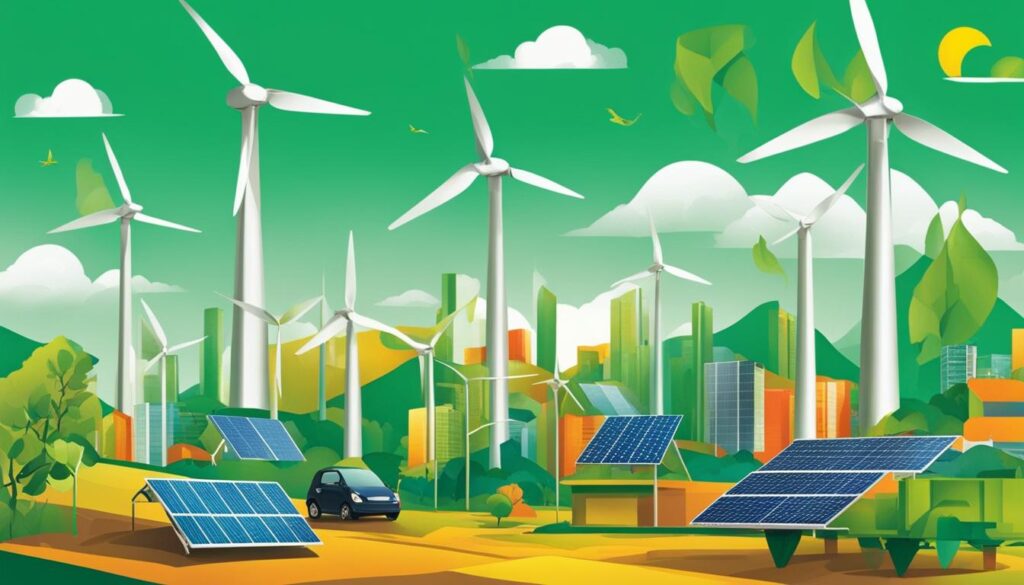Any Query :
EOSH Level 2 Award in Introduction to Environmental Sustainability
EOSH Level 2 Award in Introduction to Environmental Sustainability
Overview: The Level 2 Award in Environmental Sustainability is designed for individuals seeking to understand the fundamental principles of environmental sustainability. This course addresses the pressing environmental challenges facing our planet and emphasizes the importance of sustainable practices at both personal and organizational levels. Learners will explore various aspects of sustainability, including climate change, natural resource conservation, and sustainable living, equipping them with the knowledge to contribute positively to their environments.
Learning Objectives:
By the end of this course, learners will be able to:
- Define key concepts of environmental sustainability and recognize its importance in today's context.
- Identify the effects of climate change and articulate its implications for human and ecological systems.
- Understand the significance of conserving natural resources and biodiversity.
- Describe sustainable practices related to energy, water, waste, transportation, agriculture, and urban development.
- Explain the ethical and social considerations in implementing sustainable practices.
- Develop a personal or organizational plan for promoting sustainability.
Course Outline:
Unit 01: Introduction to Environmental Sustainability
- Definitions and principles
- Importance of sustainability
Unit 02: Understanding Climate Change and its Impacts
- Causes and effects of climate change
- Global and local impacts
Unit 03: Conservation of Natural Resources
- Types of natural resources
- Strategies for conservation
Unit 04: Biodiversity and Ecosystem Services
- Importance of biodiversity
- Ecosystem services and their value
Unit 05: Sustainable Energy and Renewable Resources
- Types of renewable energy
- Transitioning from fossil fuels
Unit 06: Sustainable Water Management
- Water scarcity issues
- Strategies for sustainable water use
Unit 07: Waste Management and Recycling
- The waste hierarchy
- Best practices for recycling
Unit 08: Sustainable Transportation
- Impacts of transportation on the environment
- Alternatives to conventional transportation
Unit 09: Sustainable Consumption and Production
- The concept of sustainable consumption
- Eco-labeling and certification schemes
Unit 10: Sustainable Agriculture and Food Systems
- Principles of sustainable agriculture
- Locally sourced food and its benefits
Unit 11: Sustainable Urban Development
- Features of sustainable cities
- Smart growth principles
Unit 12: Ethical and Social Dimensions of Environmental Sustainability
- Environmental justice issues
- Role of communities in sustainability
Duration:
Three Days (Recommended)
- Day 1: Introduction to key concepts and climate change
- Day 2: Natural resource conservation, sustainable practices in energy, water, waste, and transportation
- Day 3: Sustainable consumption, agriculture, urban development, and ethical dimensions
Assessment:
The qualification will be evaluated through the following assessments:
- Assessments:
- Learners will need to participate in discussions and group activities throughout the course.
- Multiple-Choice Questions (MCQ):
- A written test consisting of multiple-choice questions covering all course topics.
- To achieve this qualification, learners must pass both the participation assessments and the MCQ test with a minimum passing percentage (e.g., 70%).


